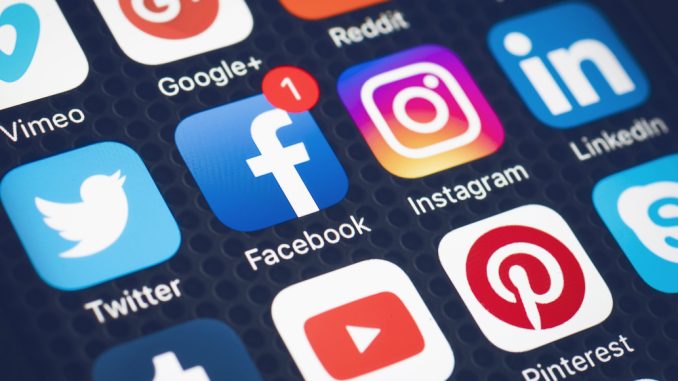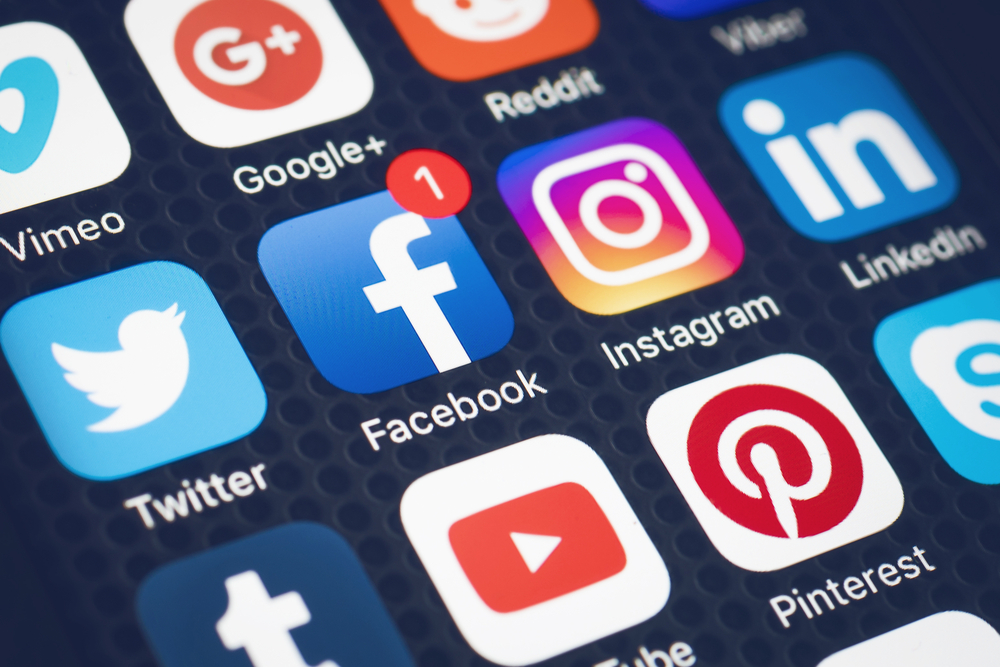

What has happened to news?
Social media has muddied the journalistic waters in the most worrying of ways.
Never have we had so much information at our fingertips. But we’re being bombarded from a motherlode of sources: some credible, many questionable.
Compounding the problem is the presentation: Clickbait headlines, opinion disguised as news, loaded language and personal agendas are leaving us in a perpetual state of doubt.
Is it factual? Is it fake? Or is it take?
Yes, take: Not fake, but someone’s own take on the facts.
One thing it definitely is, is relentless. And to be honest, it’s kind of exhausting.
Respected radio and TV broadcaster Tim Webster is one of many who feel the frustration.
Webster tells Radio Today “I think the most troubling thing about social media, other than the fast-tracking of AI, is the mis and disinformation.”
“Either posting something that’s demonstrably wrong or deliberately posting something the troll knows is wrong.”
“It seems anything is OK to advance an agenda.”
But if we’re really going to address the elephant in the room, it must be asked: Is bias seeping into radio news?
Fuelled by the platform social media has afforded anyone to voice their opinion, when does one stop being a journalist and start being a commentator?
Is it ever OK for a radio newsreader to express their personal opinion? Push an agenda? Pick a side?
There’s been widespread debate over news coverage of the situation in Gaza.
Shouldn’t similar discussions take place in all newsrooms on this story and others, where personal bias can be almost impossible to ignore?
A seasoned journo and online blogger by the name of Bob believes the genie is already out of the bottle.
Bob nails it when he says “You know the really sad thing about this? It means we’re missing out on learning about actual news and world events.”
The story – the real story – is getting lost in the crossfire.
Our job as journalists is to report the news, not to become part of it, interpret it, spin it or use it as a means of conveying our own personal beliefs or values.
Let’s all stay in our lane.
*Sarah Patterson is a radio journalist of more than 30 years’ experience, a former Air News Director and WIN Television Bureau Chief. She has a BA in Media Studies.
This story first appeared on Radio Today
